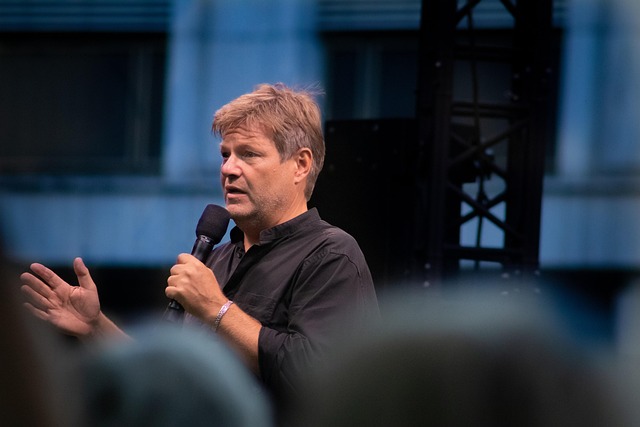The intersection of religion and politics has long influenced cultural practices and societal norms around the world, particularly when it comes to elections. As we prepare for each election cycle, we often find ourselves in the midst of various traditions that not only reflect our political beliefs but also our spiritual convictions. This unique mingling of election enthusiasm and religious devotion fosters a deeper connection to the democratic process and embodies a collective desire for change.
Throughout history, religious institutions have played a significant role in shaping public opinion and voter behavior. From sermons that inspire civic duty to prayer vigils that seek divine guidance for electoral choices, faith-based leaders often mobilize their congregations during election times. These actions can inspire individuals to reflect on moral values and the ethical implications of their voting decisions, shaping electoral participation in profound ways.
In many communities, election season is a time for heightened spiritual engagement. For example, countless religious organizations host forums, workshops, or discussions aimed at educating voters on critical issues tied to their faith. These gatherings often serve as platforms for dialogue, where members can explore how their beliefs inform their positions on social justice, equality, and governance. The concept of faithful citizenship” emerges as a guiding principle, reminding individuals of their responsibilities not just to their family or community, but to the broader society as well.
Moreover, the visuals and symbols associated with election-related religious practices can evoke a sense of unity and purpose. In some cultures, it is common to see election banners adorned with quotes from sacred texts, not just highlighting candidates’ ambitions but also emphasizing values aligned with the spiritual community. This practice reinforces the idea that elections are not merely about political power, but also about striving for a righteous and just society, as dictated by one’s faith.
In more profound ways, religious beliefs can influence what candidates are considered viable in the eyes of voters. Faith-based communities often rally behind those who echo their values, leading to a greater emphasis on issues ranging from healthcare to climate change, all framed through a spiritual lens. Consequently, candidates may feel compelled to address these issues while on the campaign trail, recognizing that faith can be a powerful motivator for civic engagement.
Ultimately, as we approach the next election, it is essential to acknowledge the vested interests of our religious affiliations in shaping electoral traditions. From encouraging voter turnout through spiritual conviction to fostering dialogues about ethical responsibilities, the impact of religion on elections is undeniably significant. These customs build upon the threads of faith and democracy, weaving a rich tapestry that underscores our shared pursuit of justice and governance aligned with our deepest beliefs.




